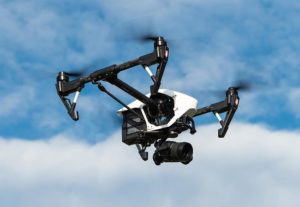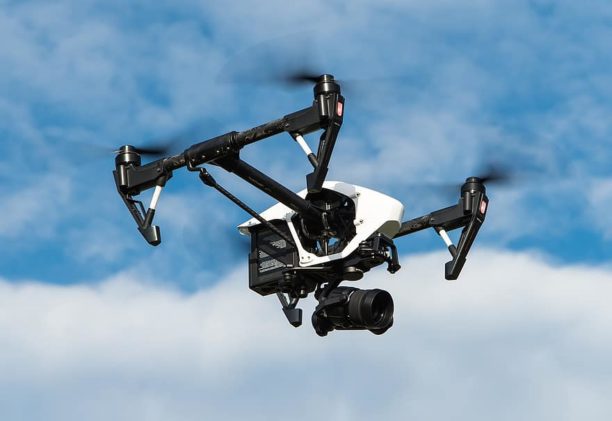 Arkansas followed Florida in banning Chinese drones. But Arkansas lawmakers have taken a pragmatic approach to phasing out technology manufactured by “covered entities.”
Arkansas followed Florida in banning Chinese drones. But Arkansas lawmakers have taken a pragmatic approach to phasing out technology manufactured by “covered entities.”
Continue reading below or listen:
The bill does not affect commercial or private activities in the state and applies only to public institutions.
Arkansas House Bill 1653, Law No. 525 currently prohibits the purchase or operation of drones manufactured in China or any other “Covered Entity” country. The law is similar to the recently passed Florida bill, but differs in important ways that make it more manageable for public safety agencies.
Differences Between Arkansas Laws and Florida Prohibition Laws
A recently enacted ban in Florida has created problems for public safety agencies and other state agencies by limiting drone options to a very narrow list of just five drone manufacturers. In addition, the ban provided no provisions for excluding existing equipment, forcing public security agencies to retrain personnel and replace entire vehicles within a short period of time. Florida lawmakers continue to debate the problems facing public safety agencies as a result of the ban.
What Are Prohibited Drones and “Covered Entities”?
From Act 525:
(1) “Covered Foreign Entity” means an individual, a foreign government, or any party other than an individual or foreign government.
(A) Consolidated Screening Lists or Entity Lists as designated by the U.S. Secretary of Commerce;(B) reside in the People’s Republic of China or the Russian Federation;
(C) is under the influence or control of the Government of the People’s Republic of China or the Russian Federation; or
(D) It is a subsidiary or affiliate of any person, government, or entity referred to in subdivisions (a)(1)(A)-(C) of this section;
Arkansas Statute No. 525, in contrast to Florida’s ban, prohibits products manufactured or assembled in China, Russia, or a “covered entity” (defined as a “covered entity” by China, Russia, or the federal government). Prohibit the purchase or operation of drones. “list. This approach defines what cannot be used (especially DJI drones), but does not strictly limit the options available to replace them. Additionally, Law 525 gives the agency he has four years to comply with the rule, until May 1, 2027. These four years are important. While not the full life cycle of most drone hardware, it does give agencies time to slowly replace and retrain without simply forcing them to cease operations.
Finally, Law 525 provides a waiver clause. Allows public authorities to apply for exceptions to the rule.
The Director of the Conversion and Shared Services Division may waive any limitation under subdivision (b)(2) or subdivision (c)(2) of this section if:
(1) his or her review of the need to purchase a small unmanned aerial system manufactured or assembled by a covered foreign entity for exigencies, counter unmanned aerial systems, or for criminal investigation purposes; Notice to General Assembly.
Miriam McNabb, editor-in-chief of DRONELIFE and CEO of professional drone services marketplace JobForDrones, is a fascinating observer of the emerging drone industry and drone regulatory environment. With her 3,000+ articles focused on the commercial drone space, Miriam is an international speaker and recognized figure in the industry. Miriam has a degree from the University of Chicago and high tech she has over 20 years of experience in sales and marketing of new technologies.
For drone industry consulting or writing, please email Miriam.
twitter:@spaldingbarker
Subscribe to Drone Life here.
